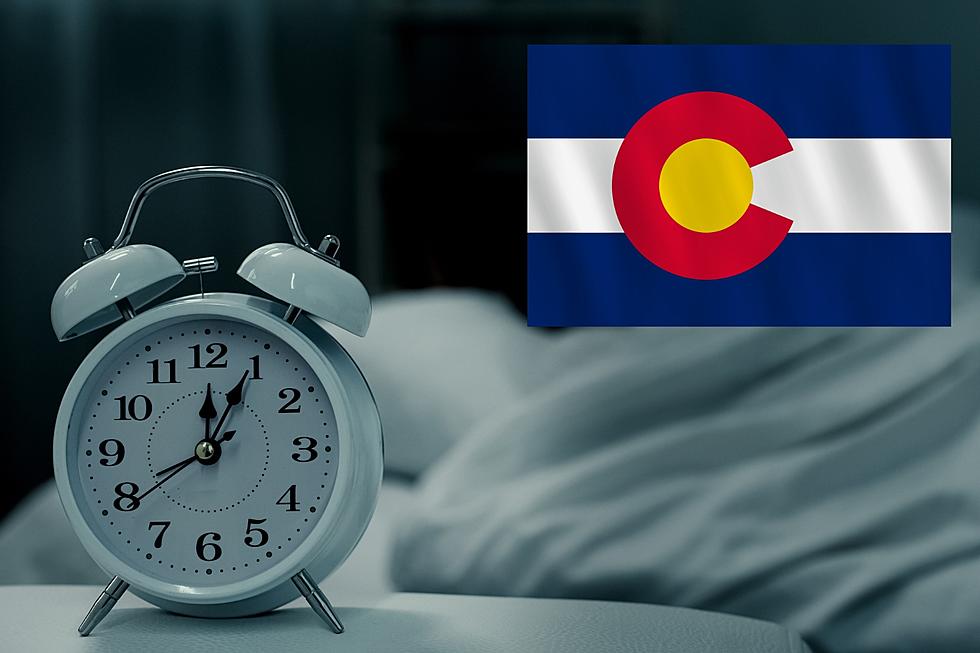Introduction
In the realm of timekeeping and seasonal adjustments, the question of whether Colorado observes daylight savings is a pertinent one. As we delve into this inquiry, we will unravel the intricacies surrounding daylight savings, its history, and its relevance in the Centennial State. Let’s embark on a comprehensive exploration of Colorado’s stance on daylight savings and the implications it holds for its residents.
Understanding Daylight Savings
The Basics
To comprehend whether Colorado adheres to daylight savings, it’s essential to grasp the fundamentals of this temporal phenomenon. Daylight savings, a practice where clocks are adjusted forward in the spring and set back in the fall, is primarily aimed at optimizing daylight utilization. This practice is prevalent in many regions worldwide, with variances in its adoption.
History of Daylight Savings
Before delving into Colorado’s specific context, let’s briefly explore the historical roots of daylight savings. The concept was first introduced during World War I as a measure to conserve energy. Over time, it has evolved and been adopted by numerous countries, each with its unique approach.
Daylight Savings in Colorado
Legislative Framework
Colorado’s stance on daylight savings is regulated by legislative decisions. The state’s participation or exemption from this practice is contingent upon the prevailing laws and regulations. Understanding the legal framework is crucial in determining whether residents of the state experience the biannual clock adjustments.
Recent Developments
Implications for Colorado Residents
Benefits of Daylight Savings
Challenges and Adjustments
Conversely, the clock adjustments can pose challenges for individuals acclimated to specific routines. The transition periods, especially in spring when clocks move forward, may require adjustments in sleep patterns and daily schedules. Understanding these challenges allows residents to proactively manage the effects of daylight savings.
Public Opinion and Surveys
To gauge the sentiment surrounding daylight savings in Colorado, various surveys have been conducted. These surveys delve into public preferences, potential areas of improvement, and the overall satisfaction with the current system. Analyzing these opinions provides insights into the collective mindset of the state’s residents.
The Role of Technology
Conclusion
In conclusion, Colorado does colorado have daylight savings, aligning with the broader practices observed in the United States. The decision to adjust clocks biannually is rooted in historical considerations and legislative frameworks. As we navigate the implications for residents, understanding the benefits, challenges, and public opinions adds depth to the discourse on daylight savings in Colorado. While technology continues to reshape how we interact with time, the tradition of adjusting clocks persists, influencing the rhythm of life in the Centennial State.




+ There are no comments
Add yours